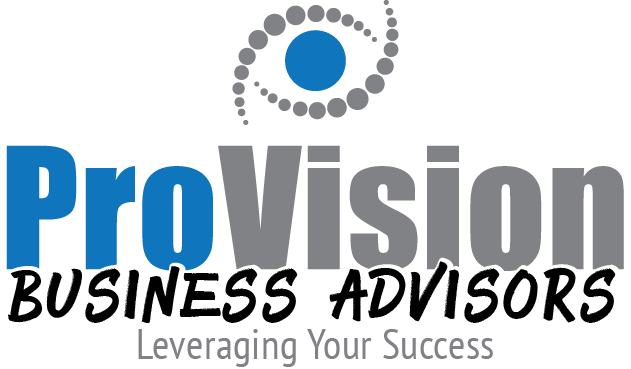 Every now and then, managing cash flow poses a challenge. Sometimes these challenges are temporary and seasonal and other times they are persistent. Whether the cash crunch is a result of personal decisions (such as wedding, baby, personal purchases, investments) or for business purposes (such as buying a business, investing in capital, weathering a downturn in operations or financing growth) planning for a cash crunch is an important part of risk mitigation. In my conversations with business owners, there is a constant struggle to understand the ideal use of debt to run their business.
Every now and then, managing cash flow poses a challenge. Sometimes these challenges are temporary and seasonal and other times they are persistent. Whether the cash crunch is a result of personal decisions (such as wedding, baby, personal purchases, investments) or for business purposes (such as buying a business, investing in capital, weathering a downturn in operations or financing growth) planning for a cash crunch is an important part of risk mitigation. In my conversations with business owners, there is a constant struggle to understand the ideal use of debt to run their business.
Operations
The main source of cash into a business is through operations. This is the act of selling your goods and services for cash or collecting accounts receivable. This cash from operations is needed to fund the business – pay suppliers, employee wages, taxes and return a profit to the business owner. It is not always possible to 100% finance operations through operating cash flows, nor is it a sound financial plan. When you are a start up business, cash flowing IN from operations is often less than cash flowing OUT and thus a plan for bridging the cash gap is needed – generally by using savings, loans or debt to fill the gap.
Loans
Most successful businesses have a portion of their operations financed though loans – whether those are loans from “angel investors”, crowdfunding, family, business owner him/herself or from traditional lending institutions such as banks and credit unions. It really is a good business strategy to have some debt in the business. Talk with us to find out why. Some financial institutions are more “small business friendly” than others, so be sure to check around. Talk to us if you want help to develop a strategy and plan to take to potential lenders. Where can you borrow money from?
- Traditional banks or credit unions
- Specialized lenders such as Farm Credit (if you are in an agriculture business), Business Development Bank, etc.
- Against your own assets – investments, vehicles or real estate (home equity loan)
- From Family & Friends
- Other lenders of last resort (I.E. MoneyMarts, Payday Loans)
“Borrowing against” assets you own such as vehicles or real property offers the lender security. If you are unable to make your payments, you may lose the property pledged as security. General Security Agreements (GSA) do not identify a specific asset for security, but offer creditors security on ALL the assets of the business (including accounts receivable, inventories and other assets). Personal Guarantees mean the creditor can go after your personal assets if the business assets are not enough to settle the debt.
Special types of loans may be available for your industry. For example, crop producers often benefit from cash advances that are available based on crop in the field / seeded acres of a particular crop.
Operating Loans Vs Capital Loans
Many businesses have a cycle that requires cash outlays to purchase inventory, raw materials or input costs many months before the products will be sold. The funds needed to finance these purchases often come from a line of credit. These loans are repaid when the products are sold and cash is received. Many businesses inappropriately use their lines of credit for capital purchases such as vehicles, equipment or buildings. This practice may be efficient because there is no time needed to complete a loan application and get approvals, but this practice jeopardizes the cash your business has to “work with” in operations. As a results, cash flow stress happens – inability to pay suppliers on time, not having enough money in the bank to cover payroll and increases stress levels. Ultimately a negative health impact on the owner.
Capital loans should be used to finance any large purchase such as vehicles, equipment or real property that is used to operate the business. Loans vary significantly with terms and conditions. These purchases are intended to be used for several years in the business. Although used in operations, they are not used up within a short period of time.
Sale of Assets
If you can’t find the cash you need from operations or by borrowing the funds, you may need to look at selling surplus or non-business assets. These can be very tough decisions which may include an orderly shut down or sale of the business.
Join us at our Business Strategy Summit – focused work in putting your business on a clear path to success.
Registration includes:
Pre-summit personalized 1 on 1 session PLUS
Full day Business Strategy Summit facilitated by experienced certified coaches and facilitators. Registration is for your business* – bring your leadership team with you. Including refreshments and lunch.PLUS
3 (one per month) Obstacle-busting follow up sessions designed to improve impact. Delivered online. Easy peasy.
* Registration includes up to 4 individuals from the SAME business.
Like, comment and share this post. Contact us to talk to a family business advisor. For Free.


